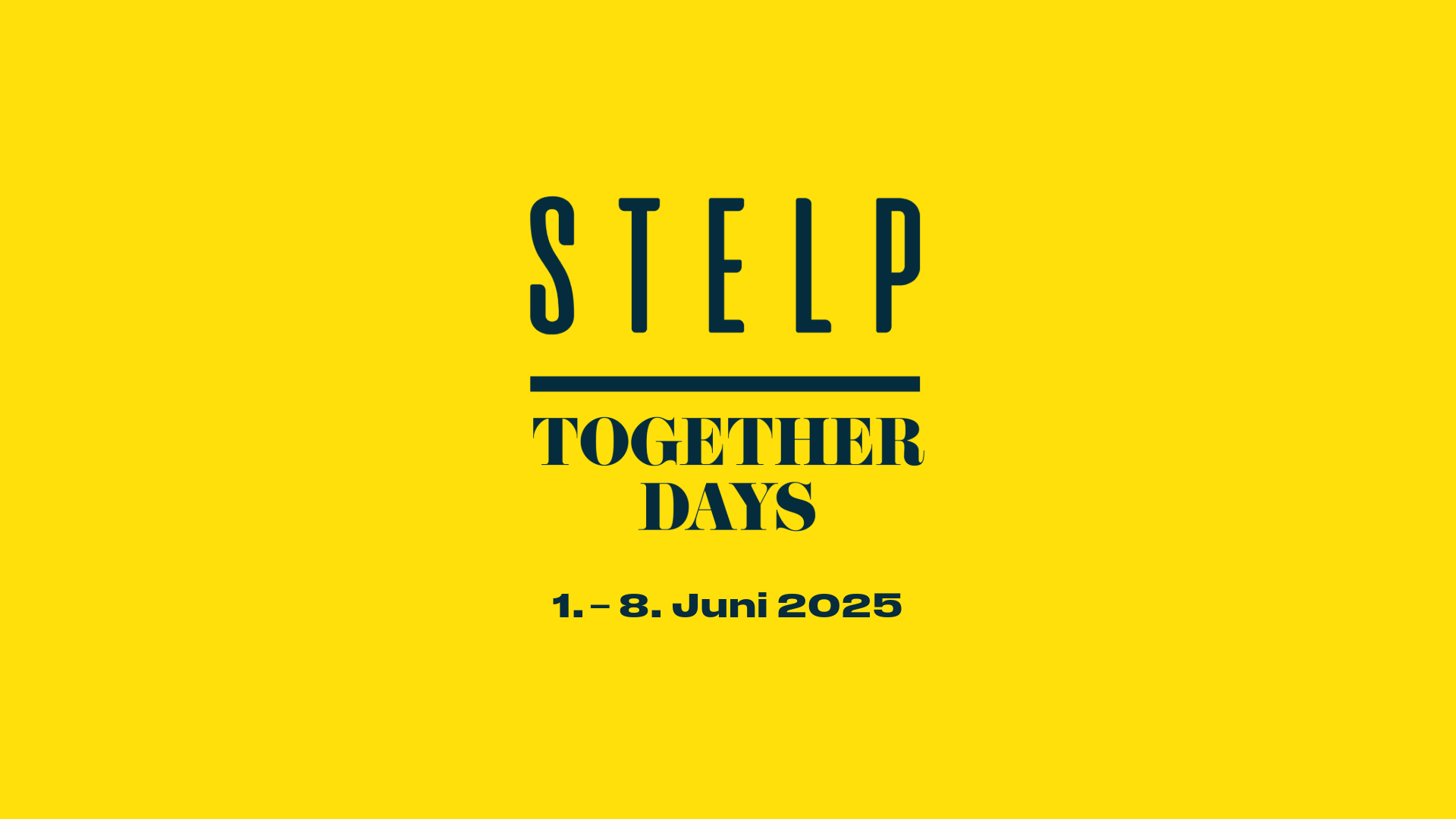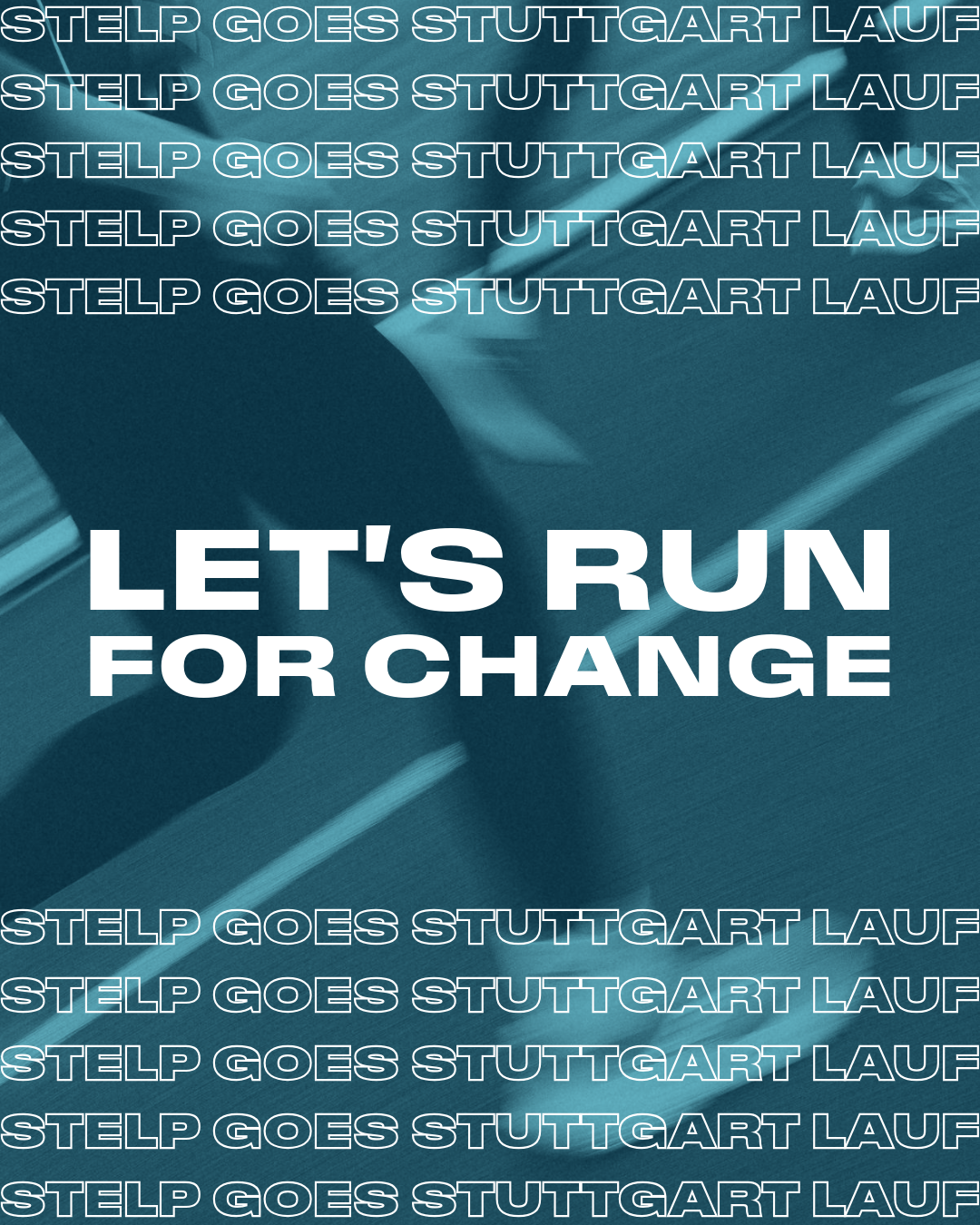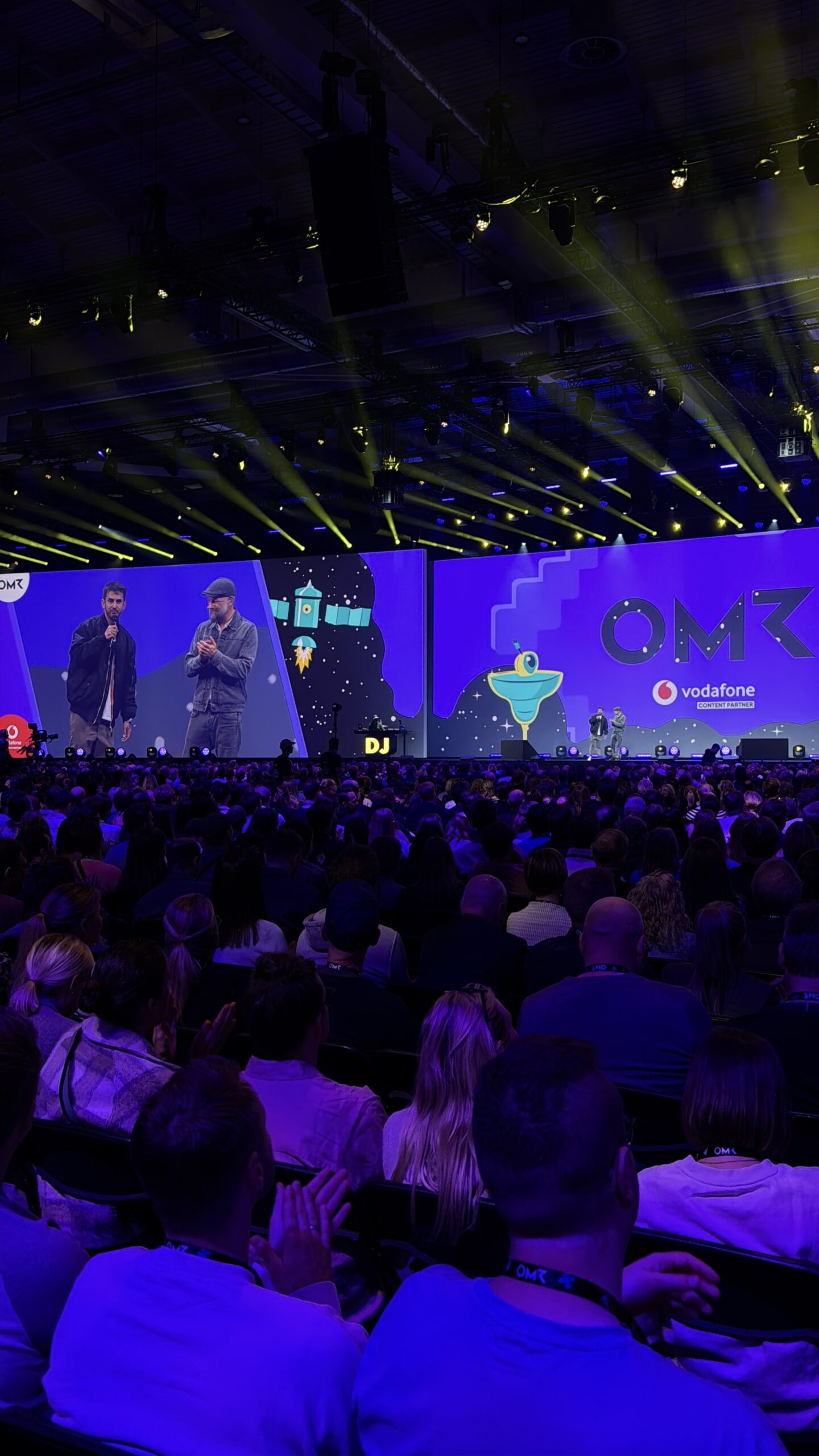Fully loaded with drinks and food, a 40-ton truck organized by STELP set off again for Ukraine on Sunday. The destination: the city of Mykolaiv in the south of Ukraine. It is located east of Odessa and has been under repeated attack since the beginning of the war. Many also refer to it as Odessa’s protective wall. This is already the fifty-third truck that the aid organization STELP e. V. has sent to the war regions. So far, the Stuttgart-based organization has been able to deliver over 1,000 tons to the embattled regions.
“We as an aid organization from Stuttgart have already been able to help so many people, which shows what is possible. But still I am infinitely sad because so many innocent people in Ukraine continue to suffer. And there is simply no end in sight to this unnecessary war“, says Serkan Eren, founder of STELP. He himself always takes turns with Patrick Münz, the second board member of the association, on site in Ukraine. There, the two activists work with other aid organizations to coordinate food deliveries and evacuations of vulnerable people from embattled areas.
STELP builds supply chain in Ukraine with partners
Together with partners, STELP has now established a functioning supply chain and supply structures in Ukraine. Therefore, the first destination of the truck is Lviv. A town on the Polish-Ukrainian border. There, STELP operates one of its transshipment warehouses with other aid organizations. These logistics centers are urgently needed, because what started at the beginning of the war as a joint collection campaign at Stuttgart’s Kulturinselis now strictly timed logistics work.
The Stuttgart-based aid organization receives a great deal of support from professionals. The forwarding company Transcoop09 from Neu-Ulm provides employees who take over the logistics for STELP. After all, the deliveries require quite a bit of know-how. “For example, the right paperwork has to be prepared for customs, drivers and cargo have to be coordinated, and further distribution has to be planned on site. And to be as efficient as possible, we also only work in pallet quantities,” explains Eren.
It is not only food and medical products that are transported. Even hospital beds or horse feed have already been loaded by STELP. Many of the relief supplies are donations in kind, but often STELP also buys the needed goods from wholesalers with the donations. Since Easter, the Stuttgart-based aid organization has also received a mandate from the German government that allows it to deliver food from the federal government’s central food hub.
Diesel shortage in Ukraine complicates deliveries
In most cases, the goods are then reloaded in the transshipment warehouses in Ukraine. From there, smaller sprinters or trucks travel to the cities where the relief supplies are most urgently needed. In order to get directly to the war zones and to be able to reach the needy people there, the relief supplies often still have to be reloaded onto cars. This is because the infrastructure on the ground in the contested areas is usually so destroyed that it is impossible for trucks to get through. Few other NGOs take these dangerous routes. “The diesel shortage in Ukraine is also making our work enormously difficult at the moment, so every route has to be calculated precisely,” explains Eren.
Actually, about half a million people live in Mykolayiv, the destination of the food and beverages loaded by STELP’s truck. But during the war, many have already fled. Those who remained in the city urgently need support and help. In some cases, they have been staying in cellars for weeks and months in order to find protection from the Russian attacks. The regions that STELP supplies with relief goods are mostly cut off from other food deliveries. The food and beverages from STELP are therefore already eagerly awaited in Mykolayiv.




